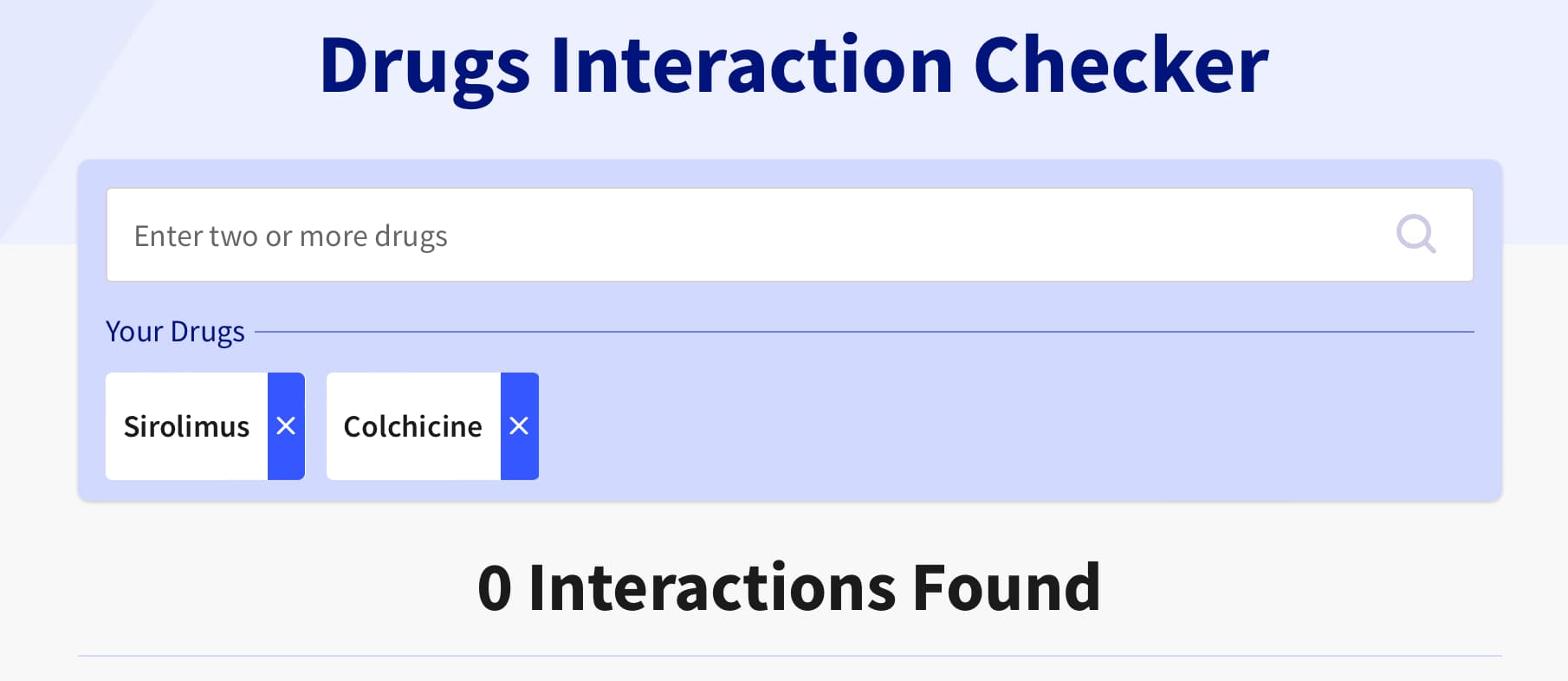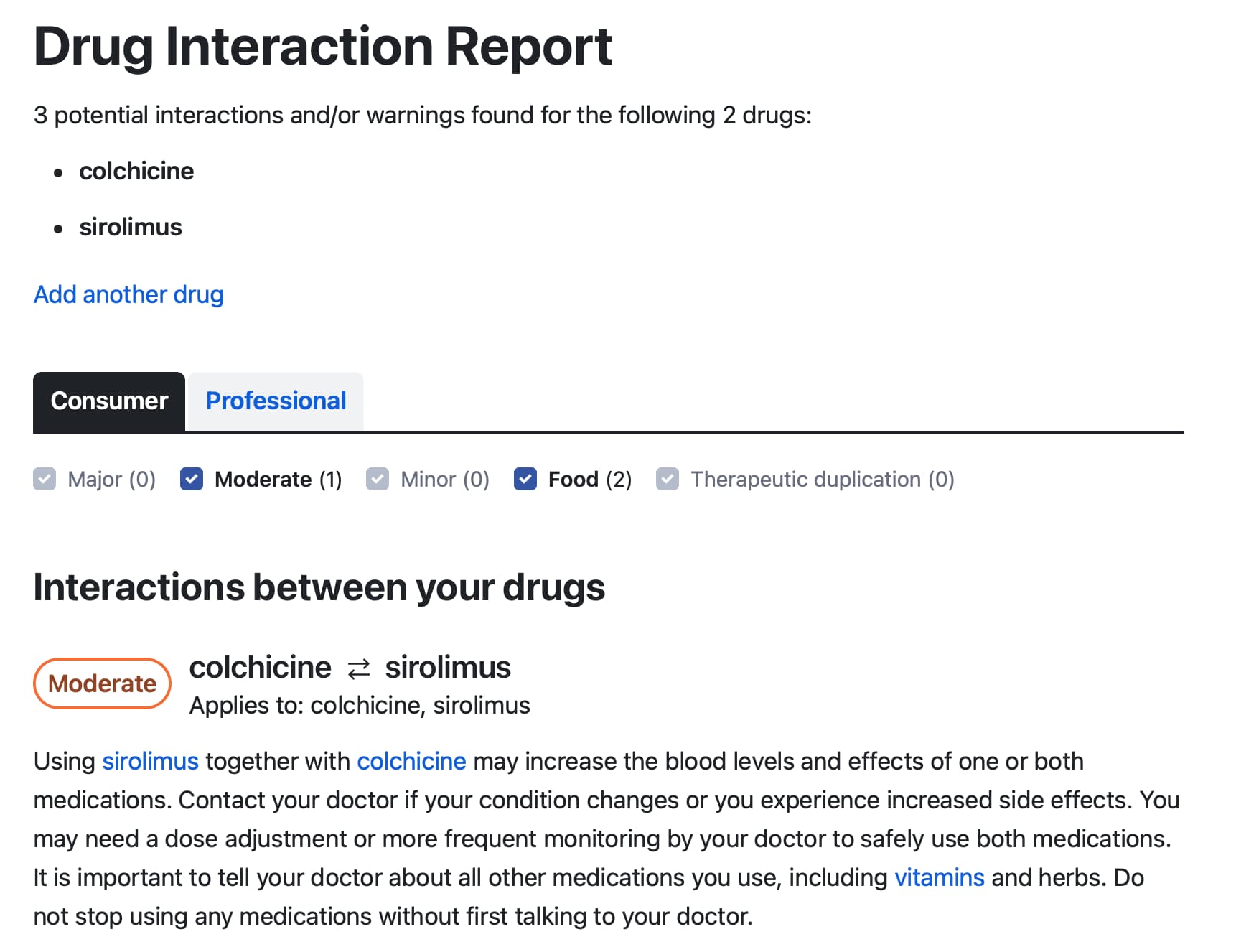Hi,
I joined this forum a while ago as I was going to start with Rapamycin but it is all on hold for now. I am 61 year old living in Bay Area and in Jan 2023, got 4 stents (2 in LAD, 1 each in LCx and RCA). Had 50-60% blockage in distal RCA and D2 of LAD. Before the stents:
LDL-C was in 70s, ApoB and LP(a) were never measured.
Meds were Metoprolol 50mg and Atorvastatin 40mg
After the stents:
LDL-C has been around 53, ApoB 64
A1C 5.4
Blood Pressure 110/70 (around this)
Meds were Metoprolol 50mg Extended Release, Rosuvastatin 20mg, Losartan 12.5mg, Aspirin 81mg, Effient was given for a year
Exercise - strength training 3 days a week, 50 minute run on treadmill (zone 2 for 40 min and 10 min zone 5)
Diet - mostly vegetarian, except chicken and fish
I got tested for LP(a) and got into Olpasiran double blind study. LP(a) dropped from 285 to 179 but not below 75 ![]()
So on April 3, felt having a heart attack, went to hospital and distal RCA blockage was 99% and got another stent. The 4 stents were clear and did not show any plaque build up.
Now medicine is Metoprolol 50mg Extended Release, Rosuvastatin 20mg, Ezetimibe 10mg, Aspirin 81mg and Brilinta 90mg (twice a day for year).
The questions I have is:
- Why did plaque grow from 60% to 99% when my Medicine, Exercise, Diet was all on track? Any theories?
- What tests can I do to catch the progress of plaque proactively?
- What else should I be considering?
Thank you

